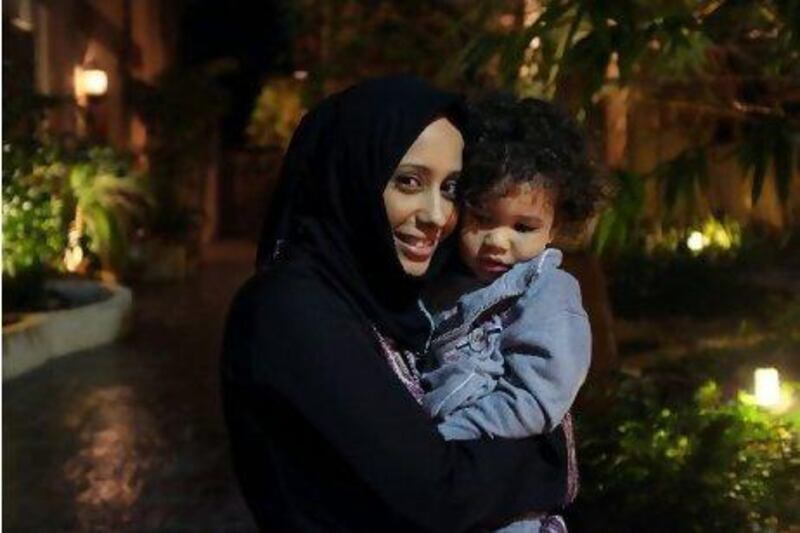A lack of Arabic-speaking nursery staff could result in a loss of language and culture for the next generation, according to a Government-sponsored report.
The National Early Childhood Development Childcare Study found that just 2 per cent of nursery workers were Emirati and 5 per cent came from other Arab countries.
"There's just not enough," said Samia Kazi, chief operating officer of Arabian Child, an early childhood consultancy that conducted the survey for the Ministry of Social Affairs.
Already, some Arab children are entering school without the ability to speak Arabic, Ms Kazi said.
"Instead of starting so late, let's go back and see what we're doing wrong," she said. "Let's go back to the early years."
Researchers from Arabian Child surveyed about 250 nurseries and about 150 responded.
They found that the most popular early childhood curriculum is the British Early Years Foundation programme, followed by the Montessori programme, an educational approach developed by an Italian physician.
"Of all the ones that participated, we didn't find any that had an Arabic curriculum," Ms Kazi said. "They had Arabic classes, so a teacher would come in for an hour or two, but nothing that's organic, nothing from the region."
It is difficult to find qualified Arabic-speaking staff, said Bernadette King-Turner, founder of Beautiful Minds Nurseries, a network of four childcare centres in Dubai.
"We do need to have Arabic-speaking staff, and it would be great if we could have Emirati staff, but they're just very difficult to find for the correct standard, correct command of the English language and just the right person," she said.
Khawla Saleh, an Emirati mother of a 2-year-old boy, Saleh Amin, searched for nurseries with foreign teachers because she wanted them to have specific educational qualifications.
"I've met a lot of Arab-background people in the nursery field, and they don't have the teaching skills I've found in the western world," said Ms Saleh, 30, from Abu Dhabi.
To ensure her son learns Arabic, she speaks it to him at home, she said.
Ms Kazi called for more Emiratis to consider working in nurseries.
"Most nurseries can't afford the Emirati graduates," Ms Kazi said. "There are so few of them who are qualified in early childhood, immediately they get staffed into the policy positions, or go into government kindergartens."
Society needs to accord more respect to nursery teachers, she added.
"We need to re-educate the public about how we look at the value of these people who are with our babies. They're not just babysitters."






